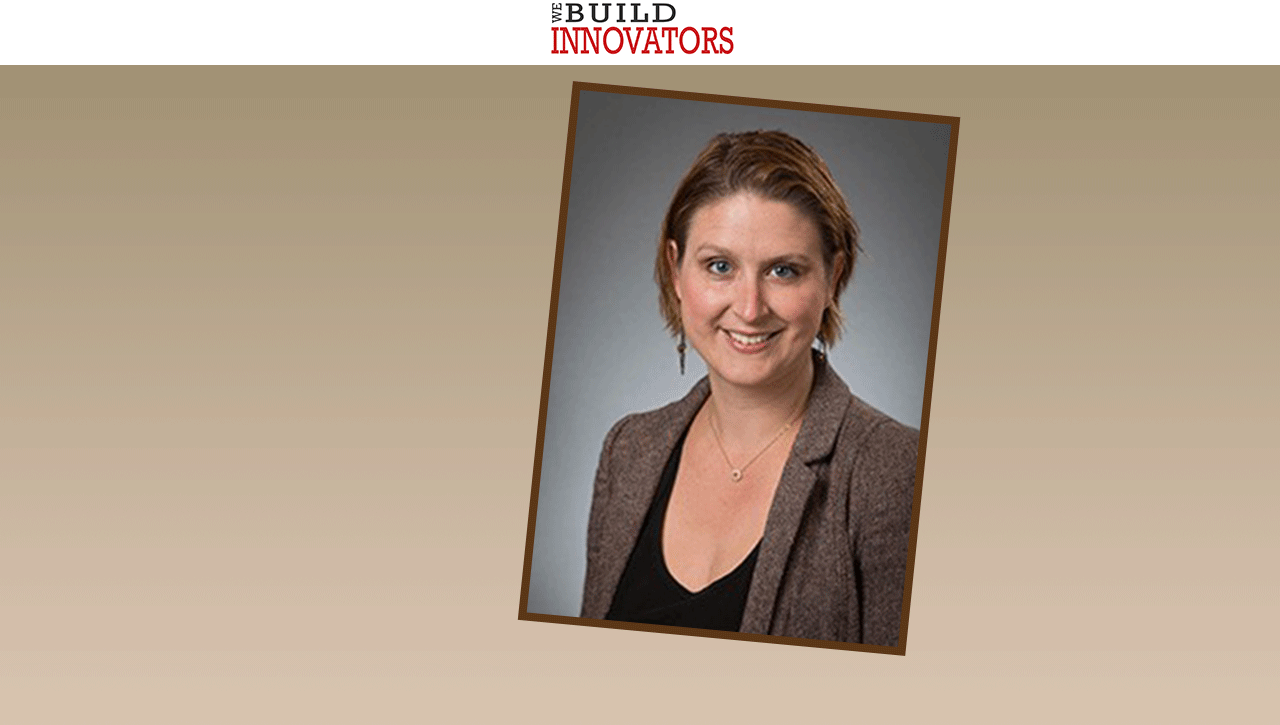Women in Research
Texas Tech University philosopher Amy Flowerree tells female students who are interested in an academic career to choose philosophy only if it is their first love and only if they value the path to truth above material comfort and career recognition.
Philosopher Amy Flowerree
During March, Texas Tech celebrates women faculty who exemplify excellence in research, scholarship, creative activity, teaching, and mentoring.
3.17.2020
Amy Flowerree is an assistant professor in the Department of Philosophy. Her research focuses on the intersection of epistemology, ethics, and metaethics.
In the question-and-answer session that follows, Flowerree describes her work more fully.
What inspired you to work in your field/area of expertise?
I fell into philosophy by accident. In high school and college, I was driven to understand the world. I kept asking questions, much like a three year old pestering her parents, "But why is it like this? But how do you know that?" I think I really annoyed my professors. When I finally discovered philosophy, it was like finding my intellectual home.
Philosophy is a set of intellectual tools that we use to formulate and answer questions of great significance: What is a good life? What do I owe other people? What can I know? There are a set of "traditional" questions in philosophy, which are fascinating of course, but what I love about it most is that it gives me the tools to ask the questions that puzzle me.
I went to graduate school because I wanted to understand what to believe. How could I know if my beliefs were right? How could I be a better believer? Should we hold each other responsible for our beliefs? I was worried about particular kinds of beliefs: religious beliefs, moral beliefs, beliefs about other's moral character, beliefs about myself. Thankfully, there were graduate programs willing to support my philosophy habit.
Who inspired you to pursue academia?
Like I said, I ended up here by accident. But there are several amazing women who continually inspire me. The first is Margaret Atherton. She is the first female philosopher I ever met. She taught a seminar on George Berkeley my first year of graduate school. I partially model my classroom demeanor after her. She is a complete badass. She taught me how to read philosophy charitably, always looking for the very best version of the argument, never laughing at someone for their view. Frequently, we laugh at ideas because we don't take the time to understand them. Margaret taught me the value of engaging others seriously.
The other three are Jennifer Lackey, Kyla Ebels-Duggan, and Helga Varden. I learned so much from them, as scholars, teachers, authors, and human beings. All three show that it is possible to be a top scholar, while also showing care and compassion for fellow persons.
What would you tell your female students interested in pursuing an academic career?
While there are special challenges that women can face (particularly in a male-dominated field like philosophy), I would tell female students the same thing I tell all my students. If you're good enough to be an academic philosopher, you're good enough to do any number of impressive things. You should only choose philosophy if it is your first love, if you rank the path to truth above material comfort and career recognition.
Becoming an academic philosopher is a long, lonely journey. Surround yourself with people who support you, always be kind to others, especially those who are vulnerable, and pursue your passion projects, rather than what's trendy.
For women, it's true that your life will go better if you are unflinchingly tough, if you don't compare yourself to others, if you outwork the men in your department, while putting on a smile and hosting tea time. But I don't advise women to do this. It is an injustice that this is considered normal, and I refuse to reify that norm by passing it on to students. Instead, recognize that expectations may not be fair, and tend to yourself and your needs.
College of Arts & Sciences
-
Address
Texas Tech University, Box 41034, Lubbock, TX 79409-1034 -
Phone
806.742.3831 -
Email
arts-and-sciences@ttu.edu

